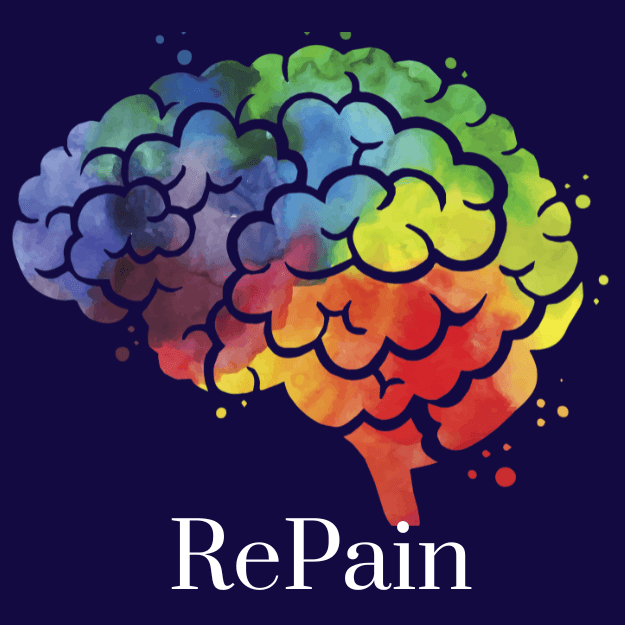Understanding Chronic Pain: Causes and Management Strategies
What is Chronic Pain?
Chronic pain is a complex and often debilitating condition that persists for weeks, months, or even years. Unlike acute pain, which typically results from a specific injury or illness and resolves once healing occurs, chronic pain remains long after the initial cause has been treated. This condition affects millions of people worldwide, impacting their quality of life and daily functioning.

Common Causes of Chronic Pain
Understanding the causes of chronic pain is crucial for effective management. It can originate from various sources, including:
- Injuries: Pain from previous injuries such as fractures or sprains can persist long after the initial healing period.
- Medical Conditions: Diseases like arthritis, fibromyalgia, and multiple sclerosis are known to cause chronic pain.
- Nerve Damage: Nerve injuries or neuropathic conditions can lead to persistent pain sensations.
- Poor Posture: Continuous strain on muscles and joints from poor posture can lead to chronic pain syndromes.
Impact on Daily Life
Chronic pain can have a profound impact on an individual's daily life. It often leads to physical limitations, sleep disturbances, and emotional challenges such as anxiety and depression. The ongoing discomfort can make it difficult to perform everyday tasks, affecting both personal and professional life.

Management Strategies for Chronic Pain
Effective management of chronic pain typically involves a comprehensive approach tailored to the individual's specific needs. Here are some widely adopted strategies:
Medications
Medications are often a first-line treatment for chronic pain management. These can include over-the-counter pain relievers, prescription medications, and topical treatments. It's essential to work with a healthcare provider to determine the most appropriate medication and dosage.

Physical Therapy
Physical therapy plays a vital role in managing chronic pain by improving strength, flexibility, and mobility. A physical therapist can design an exercise program that targets specific areas of pain, helping to reduce discomfort and enhance overall function.
Mind-Body Techniques
Mind-body techniques such as meditation, yoga, and deep breathing exercises can be effective in managing chronic pain. These practices help reduce stress and promote relaxation, which can decrease the perception of pain.
Lifestyle Modifications
Making lifestyle changes can also contribute to managing chronic pain. Maintaining a healthy diet, getting regular exercise, and ensuring adequate sleep are essential components of a comprehensive pain management plan. Additionally, avoiding activities that exacerbate pain is crucial.

Understanding and managing chronic pain requires a multi-faceted approach. By combining medical treatments with lifestyle adjustments and alternative therapies, individuals can find relief and improve their quality of life. Always consult with healthcare professionals to develop a personalized strategy that addresses your unique needs and challenges.
